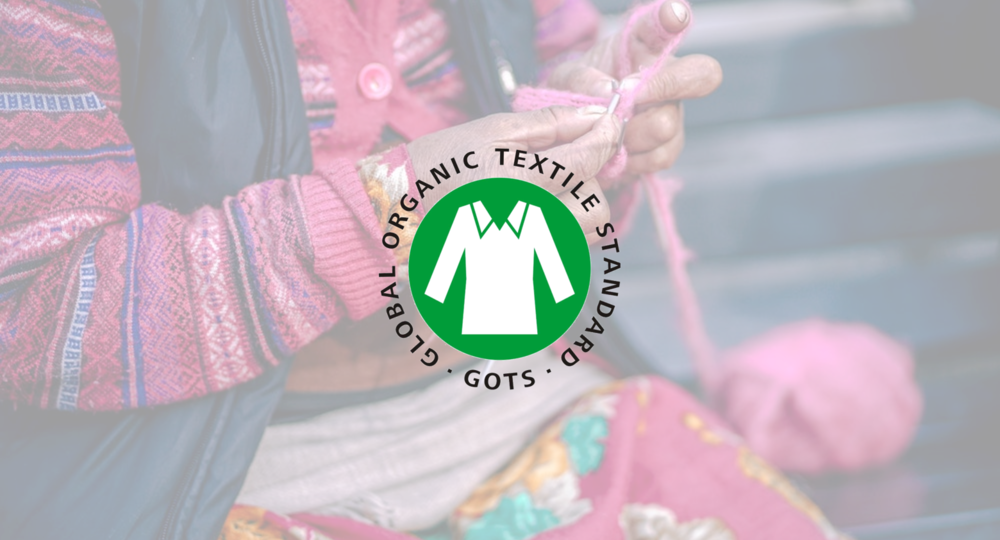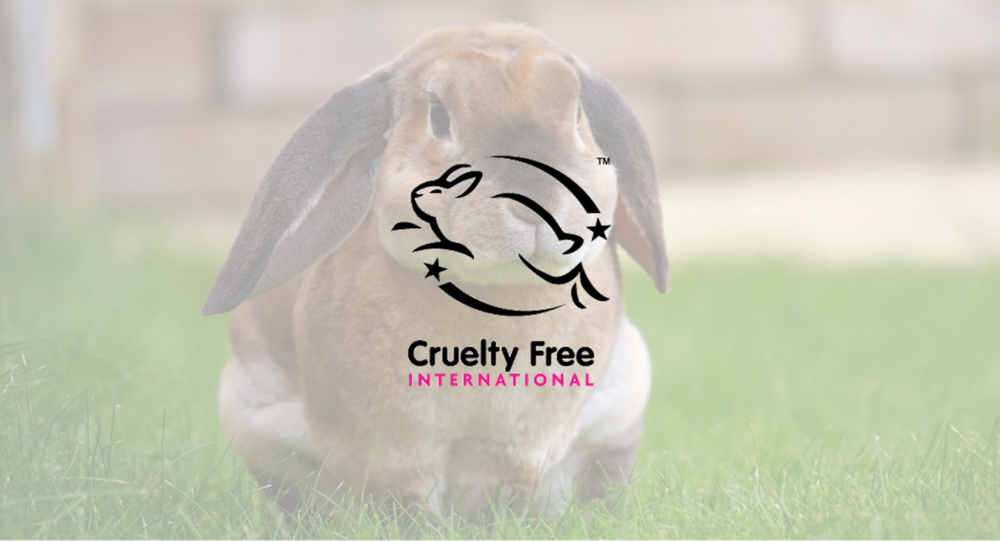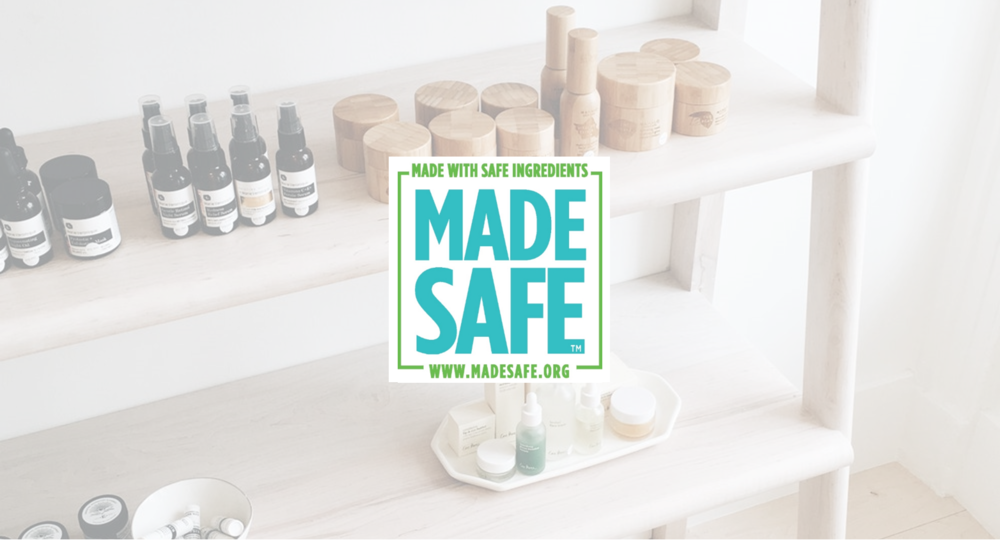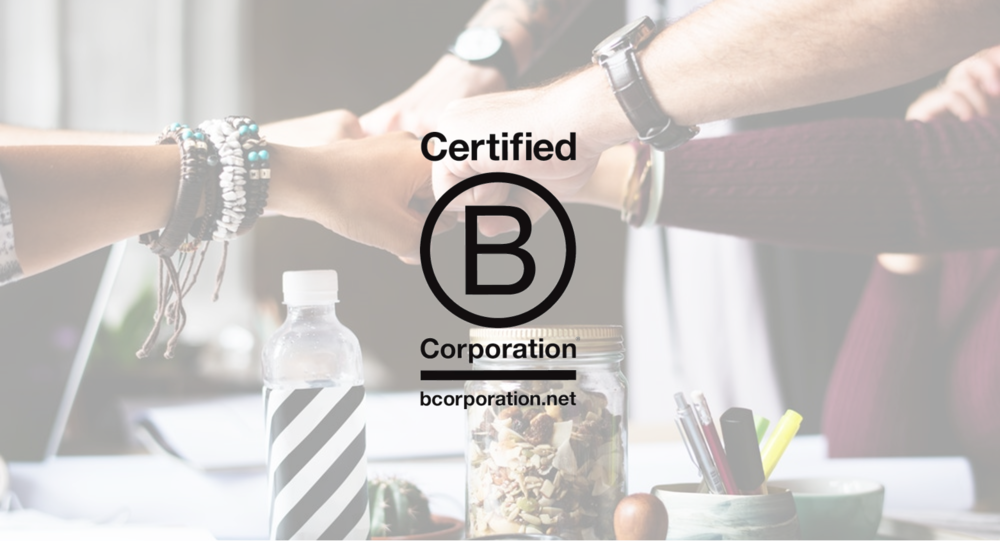From Fair Trade to GOTS Organic—What Do Ethical Certifications Actually Mean?
A quick guide to some of the world’s most trusted ethical certifications.
Today, many big brands are trying to convince customers that they care about ethical sourcing, sustainable production, and anything other than profit, but how can you be sure? 'Greenwashing' or 'goodwashing' is when a company slaps an ‘eco-friendly’ sticker on a product, or makes claims about paying decent wages without backing it up. That’s why it’s important to look for trusted certifications.
We created the DoneGood Shop to help you cut through the clutter so you'll never have to wonder. Still, to make things easy, we put together this simple guide with some of the world’s finest certifications.
FAIRTRADE International
When shopping for fair trade coffee or chocolate at the grocery store, check for the more than 30,000 FAIRTRADE Mark certified products to be certain the farmers harvesting the crop were paid a fair wage for their work. Fair trade farmers are members of cooperatives, have access to credit, and are organized democratically to have a 50% say in major decisions. Another important factor when it comes to crops often in flux to market fluctuations, the farmers are always guaranteed a minimum fair price for the crop.

GOTS Certified Organic
If you’re looking to buy a mattress, linens, or organic baby clothes, The Global Organic Textile Standard (GOTS) certification is the leader ensuring all aspects of the supply chain are independently certified to meet rigorous ecological and social standard. All products with the GOTS tag include at least 70% organic fibers, are free of harmful chemicals, and are made in safe and ethical working conditions from the farm to the manufacturing facility.

Leaping Bunny
Cruelty-free cosmetics and household products are made ‘animal safe’ through the gold standard, Leaping Bunny certification. Through on-site audits, the non-profit makes sure products and ingredients are never tested on animals by the company or by anyone on their behalf. That second stipulation on other entities closes up a common “not tested on animals… by us” loophole.
Rainforest Alliance and Forest Stewardship Council
Farm, forest, and tourism enterprises working to protect the environment and biodiversity turn to the green frog label that indicates the approval of The Rainforest Alliance. The non-profit works to ensure enterprises are complying with comprehensive requirements for sustainable agriculture that protects endangered species, forests, and even provides workers with a decent wage and protects their ability to organize. The Rainforest Alliance is a founding member of another trusted certification, The Forest Stewardship Council (FSC), which sets standards for responsible forest management. Today, more than 380 million acres of forest are certified under FSC’s system.

MADE SAFE
Too many personal care and beauty products are filled with an alphabet soup of toxic chemicals, some of which have been linked to cancer. MADE SAFE® certification checks ingredients for the bad stuff before products are produced, and then lab tests them after to ensure everything included is safe to put on your skin.

Certified B Corporations
B Corps are businesses certified by the nonprofit B Lab to meet rigorous standards of social and environmental performance, accountability, and transparency. In other words—companies that are independently verified to be doing good for people and the planet. A B Corporation is also legally required to fulfill a social mission, not just focus on maximum profit. So doing good is baked right into their bylaws.
To learn more about ethical and environmental certifications, visit the DoneGood Shop.

Scott Jacobsen
Co-Founder & Former Club President, DoneGood
Award-winning online communications director for Children’s Defense Fund, social impact campaign leader, Harvard Kennedy School graduate


Leave a comment